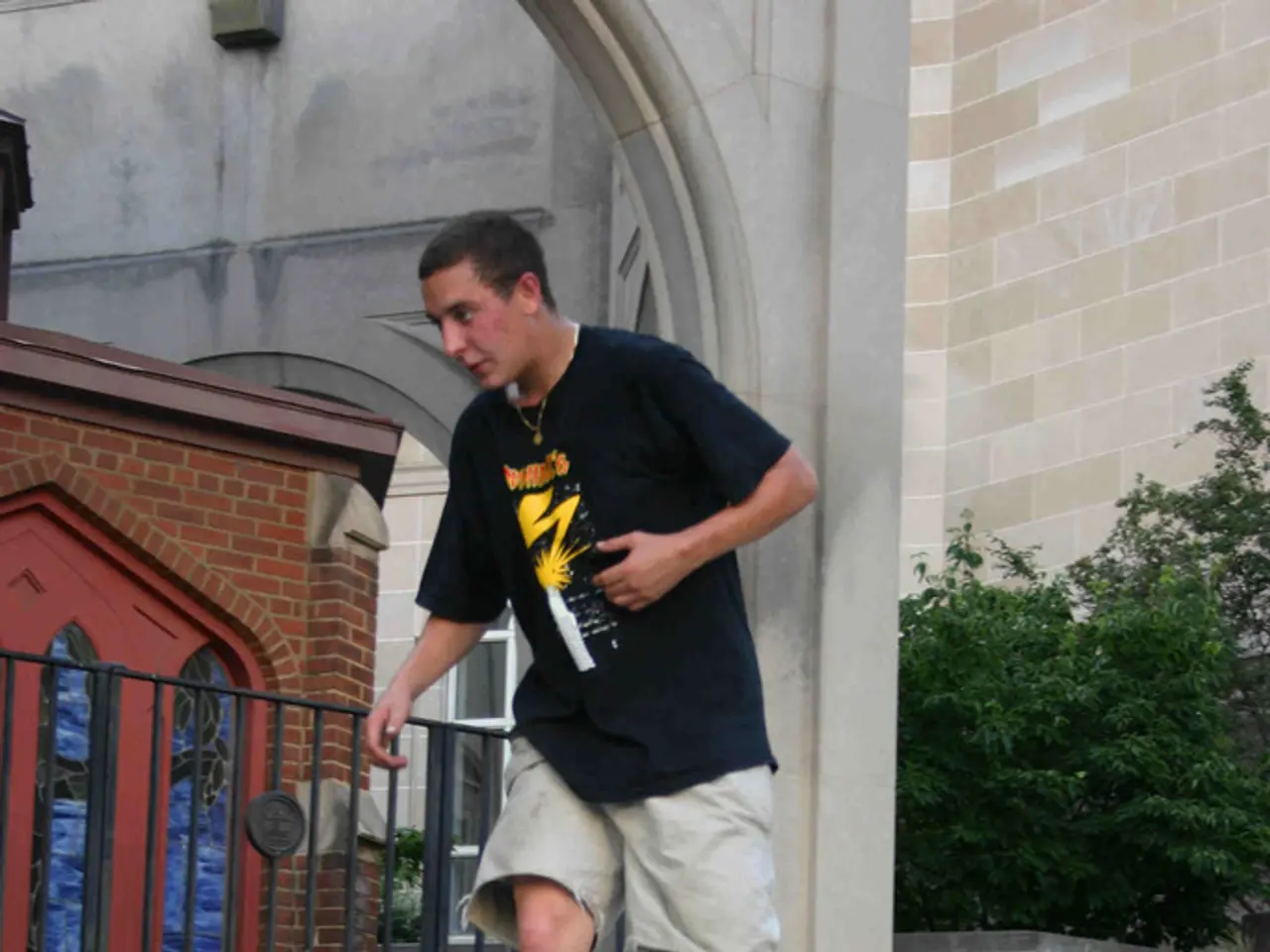Political Migrant Policies in Poland: Perspectives of the Two Presidential Contenders
Poland is set to hold a second-round presidential election in early June, with the race featuring two starkly contrasting candidates: liberal-centrist Warsaw mayor Rafał Trzaskowski and conservative Karol Nawrocki. The latter is backed by the right-wing Law and Justice party (PiS), though he technically runs as an independent.
Both candidates have prioritized migration as a key campaign issue, given its significance in the country, especially in the context of the ongoing war in Ukraine and Poland's eastern border with Belarus. In recent years, Belarus has been accused of orchestrating the movement of asylum seekers and other irregular migrants across its borders with Poland and other EU member states, such as Lithuania and Latvia, reportedly to destabilize the bloc. An escalation occurred when Prime Minister Donald Tusk announced the temporary suspension of the right to asylum on Polish territory, a move criticized by human rights groups but defended by Tusk as necessary to safeguard the Polish and European border. Meanwhile, Poland is mired in allegations that its forces have violently dispersed individuals seeking refuge.
In the run-up to the election, the migration issue has become a steady point of contention. Trzaskowski, the Civic Platform candidate, has emphasized immigration as a crucial talking point, seeking to match the more conservative stance of his opponent and avoid appearing soft on the issue. Previous statements from Trzaskowski indicate that he has spoken out about immigrant criminality and accelerated patrols in the capital during his tenure as mayor. He has also expressed support for PM Tusk's suspension of asylum and desires to cut certain benefits for those seeking shelter in Poland.
Trzaskowski addressed the upcoming EU Pact on Migration and Asylum in a debate with Nawrocki, asserting that the pact would never be enforced and that Poland would not accept refugees from the Middle East and Africa if it continued to assist Ukrainians. Polish leaders have historically invoked the presence of Ukrainian refugees as a means of avoiding responsibility for refugees from elsewhere.
Nawrocki, on the other hand, has taken a more hardline stance on immigration, advocating for the establishment of deportation centers for unlawful migrants and turning away from integration efforts. He is also reported to have indicated that Polish citizens should not be treated less favorably than refugees in terms of access to public services, healthcare, and childcare. This rhetoric reverberates with other populist sentiments seen across Europe, particularly in Hungary.
In recent years, Poland has witnessed a marked increase in immigration, with a majority of new immigrants either fleeing the ongoing war in Ukraine or searching for work in Poland. According to the Polish government, over 500,000 applications for residence permits were submitted in 2024, making Poland the EU member state with the highest number of permits issued yearly.
The future direction of Poland will depend heavily on the election's outcome, with the President playing a pivotal role in the legislative agenda set by Prime Minister Donald Tusk. A Trzaskowski victory would likely see a rapprochement between Tusk's coalition and the EU, while a Nawrocki win could lead to political stalemate or a shift towards isolationism on migration matters.
Candidates Rafał Trzaskowski and Karol Nawrocki, in the upcoming Polish presidential election, have prioritized the migration issue due to its importance in the current context, particularly with the ongoing war in Ukraine and eastern border concerns with Belarus. The debate over migration policy and legislation, a key point of contention, could significantly impact the country's political landscape and its relationship with the EU, as well as human rights issues related to refugees.








